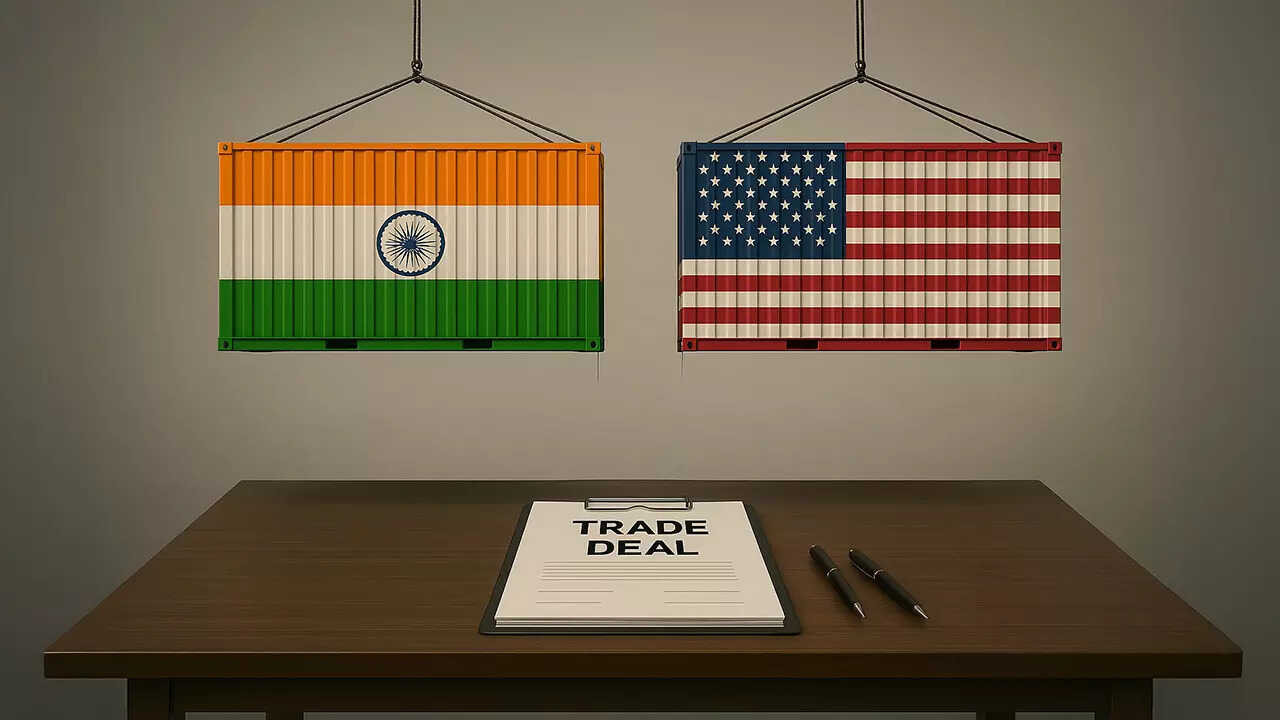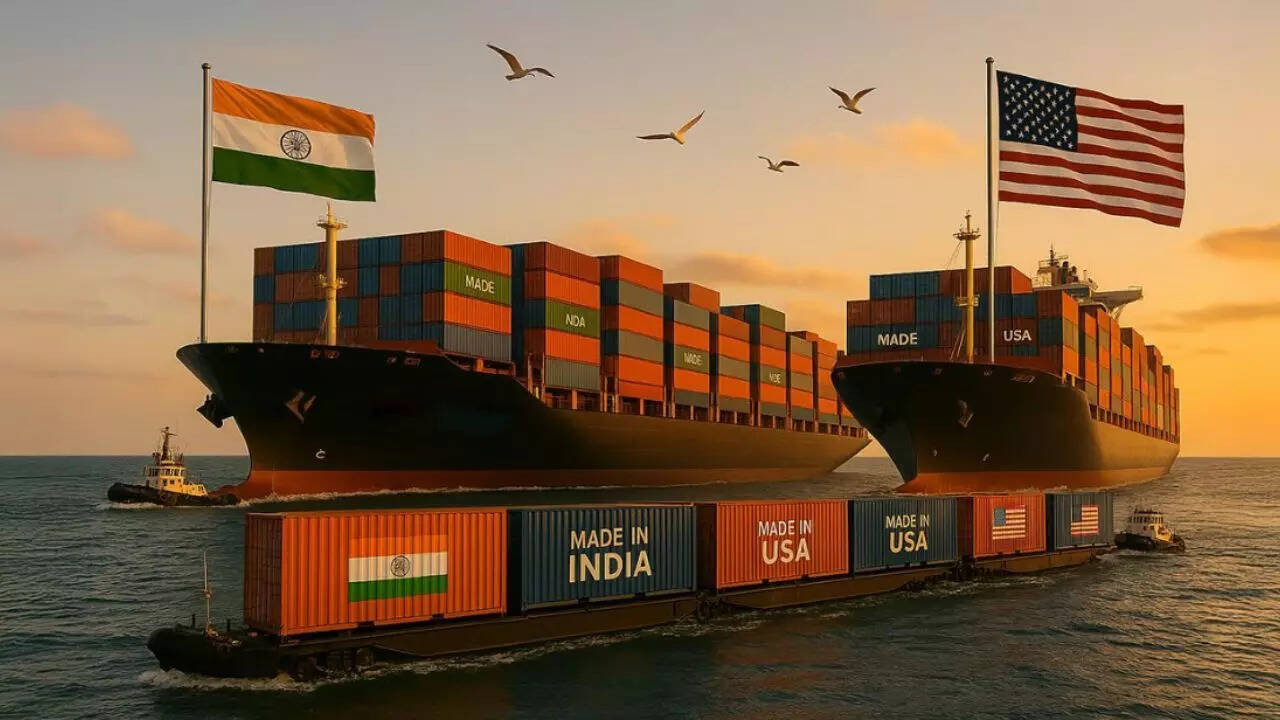IndiGo faces penalties exceeding Rs 2.76 crore from customs authorities in Ahmedabad and Chennai, which the airline intends to challenge, asserting that all duties were duly paid. Meanwhile, promoter Rakesh Gangwal and the Chinkerpoo Family Trust sold 5.72% ownership in IndiGo for Rs 11,564 crore through open market deals, reducing Gangwal’s stake to 4.7% and the trust’s to 3.08%.
Indigo’s Turbulence: When Customs Comes Knocking (And How They Plan to Answer)
So, here’s a story brewing that’s a bit like hitting unexpected turbulence on a smooth flight: Indigo, the airline we often rely on to hop around India (and beyond!), has found itself on the receiving end of some hefty customs fines – a cool ₹2.76 crore, to be precise.
Now, before we start imagining Indigo execs scrambling to sell off their frequent flyer miles, let’s dive into what’s actually happening. The fines stem from, as these things often do, differing interpretations of regulations regarding the import of aircraft parts and equipment. Think of it like trying to assemble IKEA furniture, but instead of Allen wrenches, you’re dealing with complex customs codes and the stakes are millions of rupees.
Apparently, the customs department believes Indigo hasn’t been paying the correct duty on certain imported components. These aren’t your everyday snacks and in-flight magazines, mind you. We’re talking about essential pieces that keep those metal birds soaring safely and efficiently. The specifics of the alleged infractions haven’t been laid bare, which adds a layer of mystery to the whole affair. It’s like trying to figure out what caused that sudden bump in the sky – was it a rogue air pocket, or something more serious?
Indigo, for their part, isn’t exactly thrilled about this development. They’ve made it abundantly clear that they intend to challenge these orders “vigorously.” You can almost picture the legal team sharpening their pencils and dusting off their arguments. Their official statement hints at a disagreement over how the customs department is interpreting the rules, suggesting that Indigo believes they’ve been playing by the book all along. This is where the drama really begins, folks. It’s not just about the money; it’s about principles, reputation, and setting precedents for other airlines operating in India.
Why should you, the average traveler, even care about this seemingly dry legal battle? Well, for starters, these fines could impact Indigo’s operational costs. While I’m not suggesting they’ll immediately start charging extra for seat selection (though, let’s be honest, those fees feel inevitable sometimes anyway!), significant, sustained financial pressure could potentially lead to fare adjustments down the line. In a market as competitive as India’s aviation sector, every rupee counts.
More broadly, this situation highlights the complexities of running an airline in a country with a rapidly evolving regulatory landscape. Imagine navigating a dense jungle, where the paths are constantly shifting and the rules of engagement are subject to interpretation. Airlines have to juggle fuel costs, fluctuating currency exchange rates, staffing challenges, and, of course, the ever-watchful eye of the customs department.
The resolution of this dispute could also have wider implications for the aviation industry as a whole. If Indigo wins, it could set a precedent that clarifies the rules for importing aircraft parts and equipment, making life easier for other airlines operating in India. If Indigo loses, it could signal a tougher stance from the customs department, potentially leading to more scrutiny and higher compliance costs for the entire industry. This could also be interesting timing, as India’s aviation industry experiences continued growth and expansion.
So, what’s the takeaway here? Firstly, remember that even the biggest players in the aviation world aren’t immune to bureaucratic hurdles. Secondly, while we might not fully understand the nuances of customs regulations, these types of disputes ultimately impact the entire ecosystem, from airlines to passengers.
As this story unfolds, pay attention to how Indigo navigates this legal challenge. Their strategy, arguments, and ultimate outcome will offer valuable insights into the challenges and opportunities of operating in India’s dynamic aviation market. For now, buckle up, keep an eye on those flight prices, and remember that even the smoothest flights can encounter a little turbulence along the way. We’ll be keeping our eyes on the radar, ready to report back on any developments.
📬 Stay informed — follow us for more insightful updates!







